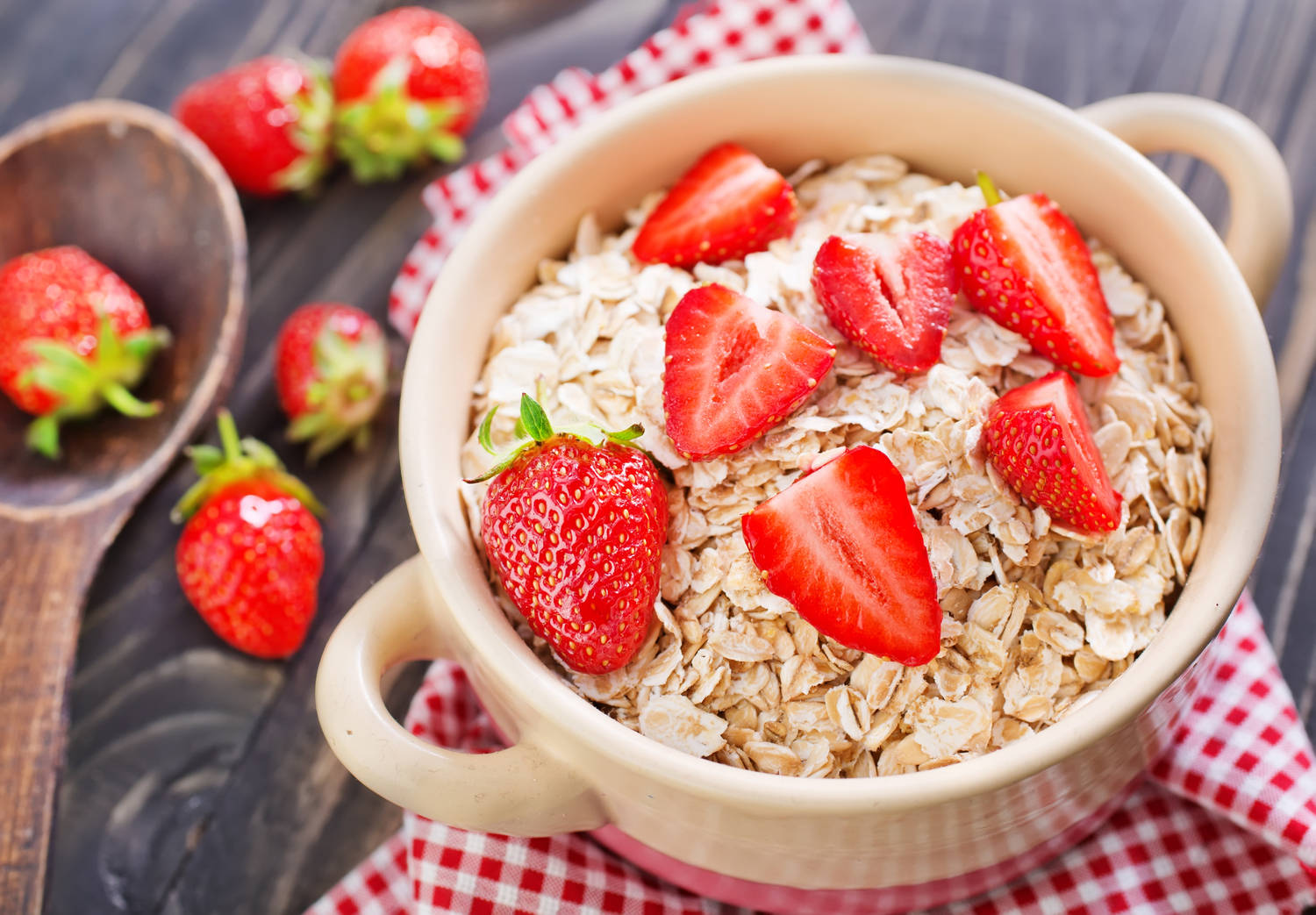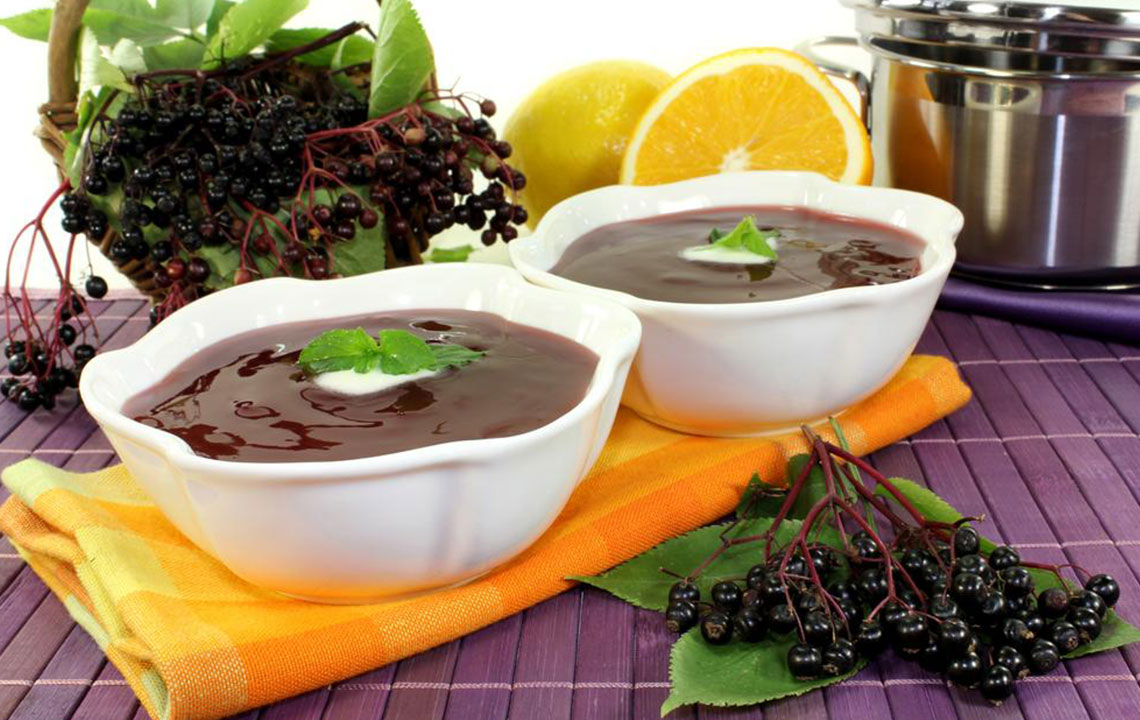Comprehensive Guide to Foods That Relieve Heartburn and Acid Reflux Symptoms
Discover effective dietary strategies and top foods that naturally alleviate heartburn symptoms. Learn how incorporating items like aloe vera juice, oatmeal, ginger, bananas, and more can help manage acid reflux and improve digestive health. This comprehensive guide offers practical tips for reducing heartburn and promoting overall gastrointestinal well-being, emphasizing lifestyle adjustments and natural remedies for lasting relief.

Comprehensive Guide to Foods That Relieve Heartburn and Acid Reflux Symptoms
Heartburn, medically known as acid reflux, is a common condition characterized by a burning sensation in the chest or the upper abdominal area. This uncomfortable feeling often results from stomach acid flowing back into the esophagus, irritating its lining. If left unmanaged, frequent heartburn can lead to more serious health issues, including gastroesophageal reflux disease (GERD). Understanding the nature of heartburn, its causes, and effective dietary strategies is essential for managing symptoms and improving quality of life.
Heartburn manifests as a burning sensation that may radiate from the chest up to the neck, throat, or jaw, and it is often accompanied by other digestive discomforts such as burping, bloating, dry cough, and difficulty swallowing. These symptoms can interfere with daily activities and reduce overall well-being. While lifestyle modifications can help, incorporating specific foods into your diet plays a pivotal role in alleviating symptoms and preventing episodes of acid reflux.
Understanding triggers and making informed dietary choices are key steps toward managing heartburn. Recognizing that certain foods exacerbate acid reflux allows for targeted adjustments. Common signs that suggest you are suffering from heartburn include a persistent dry cough, frequent burping, a sensation of throat discomfort or a sour taste in the mouth, difficulty swallowing, and stomach bloating. Addressing these symptoms promptly and effectively can reduce discomfort and prevent escalation into chronic conditions.
One of the most effective approaches to manage heartburn is through the strategic addition of specific foods with soothing and neutralizing properties. Below, we explore the top foods that are widely regarded for their ability to reduce acid reflux symptoms and promote digestive health.
Aloe Vera Juice — Traditionally used to soothe burns on the skin, aloe vera juice also has beneficial effects on gastrointestinal health. It helps reduce inflammation in the stomach lining and esophagus, which can alleviate heartburn. Drinking a small glass of pure aloe vera juice about 20-30 minutes before meals can serve as a preventive measure against acid reflux episodes. Ensure you select products that are free from additives and aloe vera gel that is suitable for internal consumption.
Oatmeal — This wholesome breakfast staple is rich in fiber and low in fat, making it an excellent choice for managing acid reflux. Oatmeal absorbs excess stomach acid and eases its passage, reducing reflux incidents. Additionally, oats are valuable for their capacity to promote satiety and stabilize blood sugar levels. Incorporate whole grain oats into your breakfast routine by cooking them plain or adding fruit and nuts for flavor and nutritional enhancement. Whole grain bread and rice are also beneficial options for maintaining digestive health.
Ginger — Known for its anti-inflammatory and digestive properties, ginger has been used for centuries to treat gastrointestinal issues. Fresh ginger can be added to meals, brewed as tea, or eaten as ginger chews. Its natural compounds help speed up gastric emptying and reduce inflammation, providing relief from heartburn and nausea. Incorporating ginger into your diet regularly may offer long-term benefits, but be mindful not to consume excessive amounts, as it can sometimes cause heartburn in sensitive individuals.
Bananas — These popular fruits are natural antacids, thanks to their soothing and alkaline properties. Consuming bananas can help neutralize stomach acid and protect the esophageal lining. However, individual responses may vary; some people find bananas exacerbate symptoms, so it's advisable to observe how your body reacts. As part of a balanced diet, bananas can serve as a convenient snack or complement other meals, especially when combined with other alkaline foods.
Poultry & Seafood — Lean proteins such as chicken, turkey, fish, and shellfish are beneficial for a reflux-friendly diet. Prepare these foods by removing the skin from poultry to reduce fat content, and cook via baking, boiling, steaming, or roasting rather than frying. Avoid heavy, spice-laden, and greasy preparations that can trigger reflux. Incorporating seafood, such as shrimp, salmon, or lobster, in moderation, along with vegetables and healthy grains, can promote digestive ease without aggravating symptoms.
Mustard — As a natural alkaline condiment, mustard can help neutralize stomach acid when used in moderation. A teaspoon of mustard applied directly or added as a condiment to meals can act as an effective remedy for occasional heartburn. Its alkaline nature helps balance stomach acidity, providing quick relief from burning sensations.
Chamomile Tea — Known for its calming and anti-inflammatory effects, chamomile tea is a gentle remedy to soothe the digestive tract. Drinking a cup before bedtime can relax abdominal muscles and reduce stress-induced reflux. Additionally, chamomile promotes restful sleep, which can be disrupted by chronic heartburn, and helps promote a balanced pH level in the stomach, aiding in overall digestive health.
Almonds — These nuts contain healthy fats, fiber, and natural antacid properties. Consuming a handful of almonds after meals can help soothe the stomach lining and reduce inflammation. Organic almonds are suggested for maximum health benefits. Regular consumption in moderation may serve as an effective natural remedy to lessen the frequency and severity of heartburn episodes.
Addressing heartburn effectively involves more than just dietary choices. Lifestyle modifications such as weight management, avoiding lying down immediately after eating, and reducing intake of trigger foods like spicy or fatty dishes are crucial. Eating smaller, more frequent meals instead of large heavy ones can also minimize reflux risk. Additionally, maintaining a healthy weight reduces pressure on the stomach, decreasing the likelihood of acid backing up into the esophagus.
Overall, managing heartburn doesn't require complex medical interventions initially. Often, simple home remedies, dietary adjustments, and lifestyle changes can significantly reduce symptoms and improve comfort. Always consult with a healthcare professional if symptoms persist or worsen, as prolonged acid reflux can lead to serious complications.





